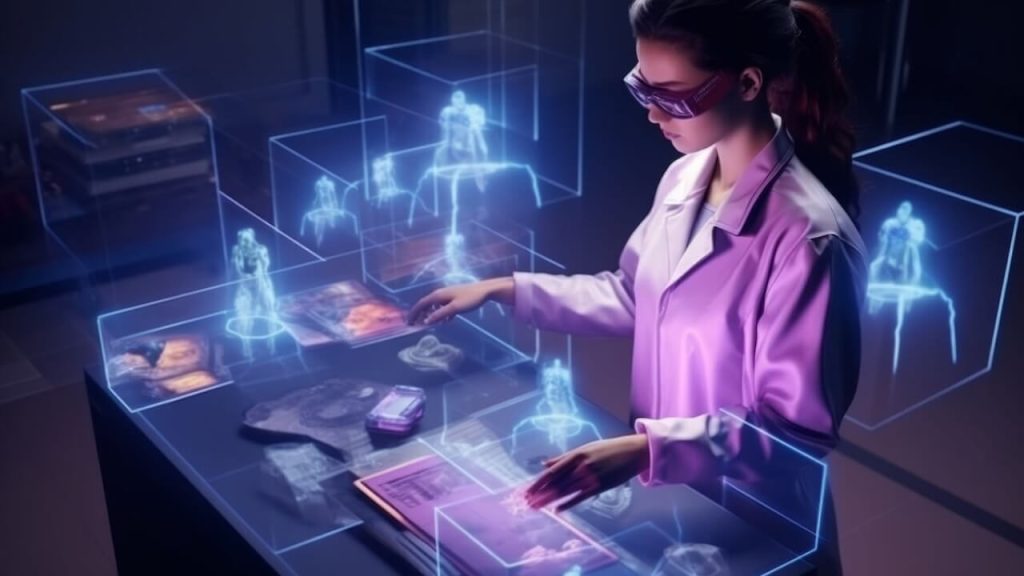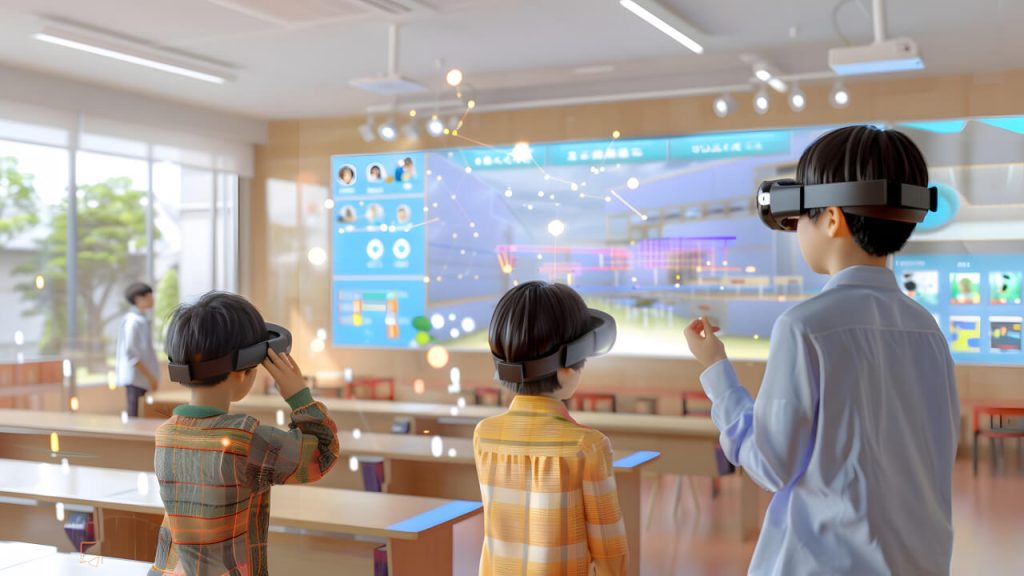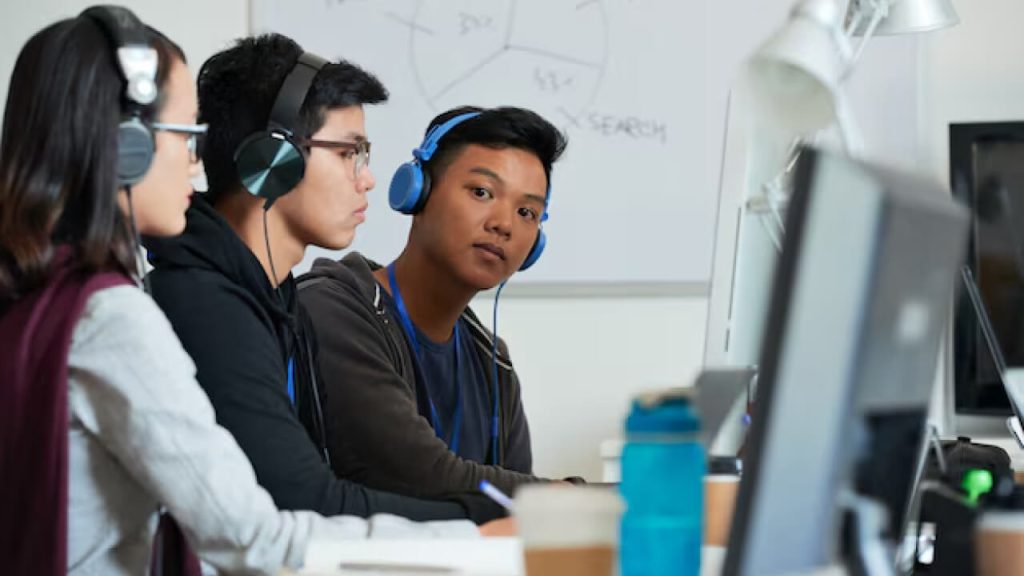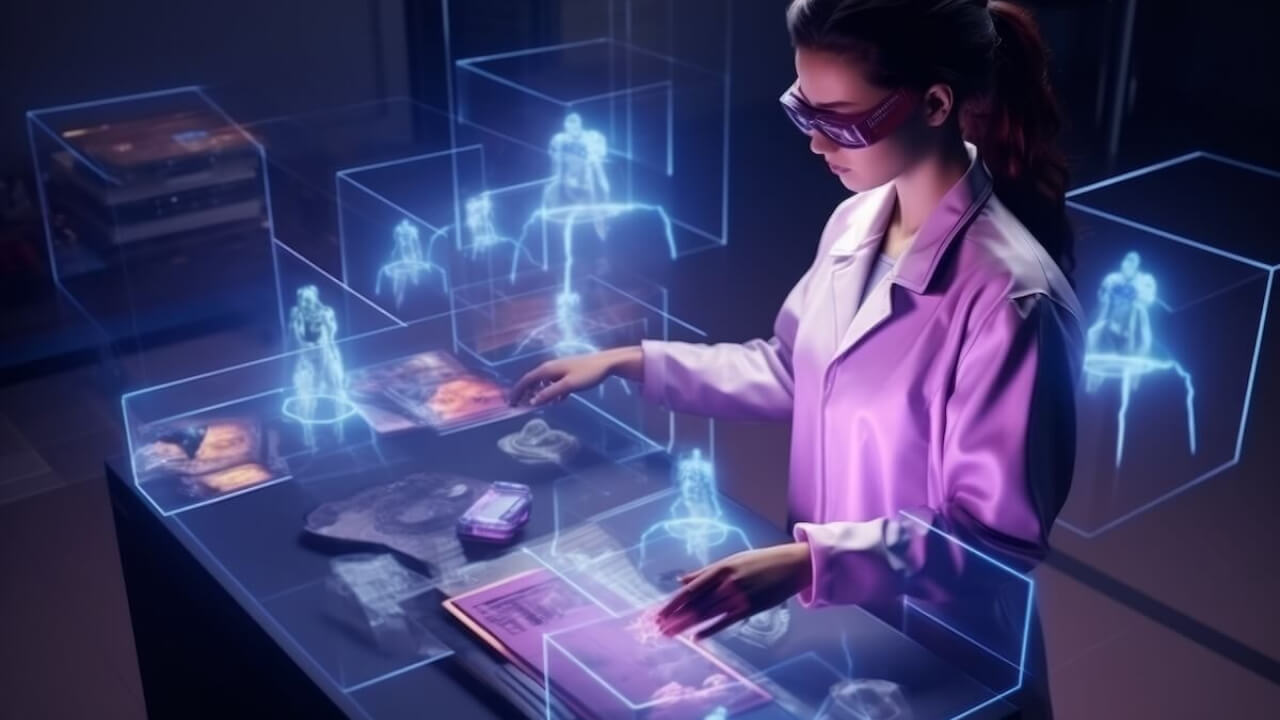
Upskilling is no longer a luxury but a necessity in today’s rapidly evolving digital landscape. As businesses integrate advanced technologies, particularly artificial intelligence (AI), the need for an adaptable and well-educated workforce is more pressing than ever.
Continuous learning and development are now critical for employees to stay relevant and competitive in their respective fields.
The Philippines, a growing digital and technical innovation hub, is embracing AI as a powerful tool to reshape workforce education. By leveraging AI, the country aims to enhance the skills of its labor force, ensuring that workers are not only proficient in current technologies but also prepared for future advancements. This proactive approach to education and training is essential for maintaining economic growth and competitiveness on a global scale.
Moreover, the Philippine government and private sector are investing in various initiatives, such as AI boot camps, online courses, and partnerships with tech companies, to facilitate this upskilling process. These efforts are designed to provide accessible learning opportunities for individuals at all stages of their careers, from entry-level employees to seasoned professionals.
By fostering a culture of continuous improvement and innovation, the Philippines is positioning itself as a leader in the digital age.
What is upskilling?

Upskilling refers to learning new skills or improving existing ones to keep up with evolving job requirements and technological advancements.
It involves acquiring additional knowledge and competencies relevant to a person’s current role or industry, enabling them to perform more complex tasks and adapt to changes in the workplace.
In the digital era, upskilling often involves training in digital literacy, AI, data analysis, coding, and other technical skills that are increasingly in demand.
It is a proactive approach to career development that helps workers stay competitive, improve their productivity, and ensure long-term employability as industries evolve.
The role of AI in upskilling

AI is transforming the way skills are developed and applied in the workforce. Through its ability to analyze data, predict trends, and personalize learning, AI-driven tools offer workers the opportunity to gain new skills efficiently.
For instance, AI-powered platforms can assess individual learning patterns, customize training modules, and deliver targeted knowledge, allowing employees to progress at their own pace. These personalized learning environments are crucial in helping workers acquire skills that match the evolving demands of the digital economy.
Moreover, AI can forecast future skill requirements by analyzing industry trends and developments. This allows organizations to proactively equip their workforce with relevant competencies before these skills become critical. As a result, employees are better prepared for future roles, reducing skill gaps and ensuring long-term employability.
How to Upskill in AI
With the Philippine government and private sector investing in various initiatives to facilitate the AI learning process, there are ample opportunities for individuals at all career stages to enhance their AI skills.
Whether you are an entry-level employee or a seasoned professional, this comprehensive guide will show you how to effectively upskill in AI.
Identify Your Learning Goals
Before diving into AI upskilling, it is essential to identify your specific learning goals. Determine the aspects of AI that interest you the most and align with your career aspirations. Whether it’s machine learning, natural language processing, computer vision, or data science, having a clear roadmap will help you stay focused throughout the upskilling journey.
Explore Available Resources
Take advantage of the various resources available for upskilling in AI. The Philippine government and private sector are investing in AI boot camps, online courses, and partnerships with tech companies to provide accessible learning opportunities. Explore these initiatives and choose the ones that best suit your learning style and schedule.
Enroll in AI Courses and Boot Camps
Consider enrolling in AI courses and boot camps that offer hands-on training and real-world projects. These programs provide a structured learning environment and the opportunity to work on practical AI applications. Look for reputable institutions and platforms that offer comprehensive AI curriculum taught by industry experts.
Engage in Continuous Learning
Upskilling in AI is an ongoing process that requires continuous learning and practice. Stay updated with the latest trends and developments in the field by attending workshops, webinars, and conferences. Engage with online AI communities and participate in AI-related projects to enhance your practical skills.
Build a Strong Professional Network
Networking is an essential component of upskilling in AI. Engage with industry experts, mentors, and peers who can offer guidance and support as you advance your skills. Join AI-focused meetups, forums, and online groups to expand your network and stay connected with the AI community.
Work on Real-World Projects
Apply your AI skills to real-world projects to gain practical experience and showcase your expertise. Collaborate with peers on AI projects, contribute to open-source initiatives, or take on freelance AI projects to build a strong portfolio. Real-world experience is invaluable in demonstrating your AI proficiency to potential employers.
Stay Committed and Persistent
Upskilling in AI requires commitment, persistence, and dedication. Stay motivated and focused on your learning goals, even when faced with challenges or setbacks. Embrace a growth mindset and view obstacles as opportunities for growth and learning. With determination and perseverance, you can successfully upskill in AI and position yourself as a valuable asset in the digital age.
Why is AI upskilling needed by the Philippine workforce?

While AI adoption in the Philippines brings opportunities and challenges, the country has made notable strides, with 86 percent of Filipino knowledge workers incorporating AI into their tasks.
This figure surpasses global norms, signaling strong momentum in embracing AI technologies. National news organizations have emphasized that companies nationwide prioritize candidates with AI expertise, acknowledging the value of these skills in driving innovation and enhancing productivity.
The demand for AI proficiency is rising across various sectors, particularly in information technology (IT) and business process outsourcing (BPO), where automation poses a significant impact.
The Philippine workforce, however, remains largely underprepared to fully capitalize on the potential of AI. While the interest is high, research reveals that only a small fraction of the workers receive specialized AI education, which could limit their ability to fully leverage the technology.
Compounding this issue is the ongoing national STEM education crisis, marked by significant gender disparities and inadequate preparation for the future demands of an AI-driven economy.
To address this issue, the Philippines must prioritize the development of a diverse, AI-capable workforce. This entails tackling bottlenecks in STEM education, encouraging workers from all sectors to creatively utilize AI, and implementing comprehensive training programs across industries.
By cultivating a resilient and forward-looking labor force, the Philippines can not only safeguard jobs but also strengthen its position as a global leader in AI, driving both economic growth and global competitiveness.
Advantages of AI in education and training

One of the key advantages of AI in education is its ability to create dynamic learning experiences. AI-driven e-learning platforms, training programs, and educational initiatives provide real-time feedback, adapt content based on user performance, and offer continuous learning support.
This streamlines the upskilling process, allowing workers to acquire digital competencies more effectively and ensuring a higher level of retention and application of knowledge.
AI also helps overcome the challenges between formal education and practical application.
For instance, AI-powered virtual simulations offer hands-on experience, allowing learners to practice their skills in real-world scenarios without the associated risks. This is particularly beneficial in healthcare, engineering, and software development, where practical proficiency is crucial.
Who stands to benefit from AI upskilling in the Philippine workforce?
AI education in the Philippine workforce can benefit a variety of sectors and groups, but the ones who stand to gain the most from upskilling include:
Business process outsourcing (BPO) sector

A significant component of the Philippine economy, BPO companies can streamline operations and increase efficiency by adopting AI technologies such as chatbots, programmed processes, and data analytics.
Workers in this sector who upskill in AI can transition into more specialized roles, such as AI system management and data analysis, ensuring continued relevance as automation expands.
Healthcare professionals

AI can significantly enhance healthcare delivery in the Philippines by improving diagnostic accuracy, automating administrative tasks, and offering personalized treatment plans.
Doctors, nurses, and medical professionals who embrace AI tools will be better equipped to provide advanced care, enhance patient outcomes, and reduce workload.
IT and data science professionals

The growing demand for AI engineers, data scientists, and software developers makes IT professionals some of the biggest beneficiaries of AI adoption. By building AI systems, analyzing large data sets, and designing AI-driven applications, they are positioned at the forefront of digital transformation across industries.
Manufacturing workers
AI technologies like predictive maintenance, robotics, and process automation are transforming the manufacturing industry. Workers who upskill in these areas can benefit by operating and managing AI-powered machinery, ensuring operational efficiency and higher productivity in the sector.
Educators and trainers

AI-driven educational tools can provide teachers with personalized learning platforms, enhance lesson delivery, and optimize student engagement. Educators who integrate AI into their teaching strategies will be better able to prepare students for a tech-driven future, making them pivotal in workforce development.
Small and medium enterprises (SMEs)

AI offers SMEs the potential to compete with larger-scale corporations by optimizing operations, enhancing customer engagement through AI-driven marketing, and providing insights for better decision-making. Entrepreneurs who leverage AI can scale their businesses more effectively and efficiently.
Government and policymakers
AI can assist public sector governance by optimizing public services, improving urban planning through data analytics, and enhancing transparency. Policymakers who harness AI can implement more informed decisions, benefiting society at large through improved public infrastructure and services.
By focusing on upskilling and integrating AI across these sectors, the Philippine workforce can experience widespread benefits, ranging from improved job security to enhanced productivity and innovation.
Empowering a Future-Ready Workforce

As the digital age progresses, the significance of continuous learning cannot be overstated. The contribution of AI to upskilling the workforce is invaluable in preparing employees for an ever-changing job market. From personalized learning paths to predictive skill mapping, AI helps workers stay ahead of technological advancements.
The Philippines is well-positioned to harness the potential of AI in workforce education. By integrating AI-driven upskilling initiatives, the country can cultivate a future-ready workforce that thrives in the digital age, ensuring that employees are adaptable and capable of leading innovation.
As AI continues to evolve, its role in workforce education will undoubtedly expand, contributing to a more skilled, resilient, and competitive labor force.


